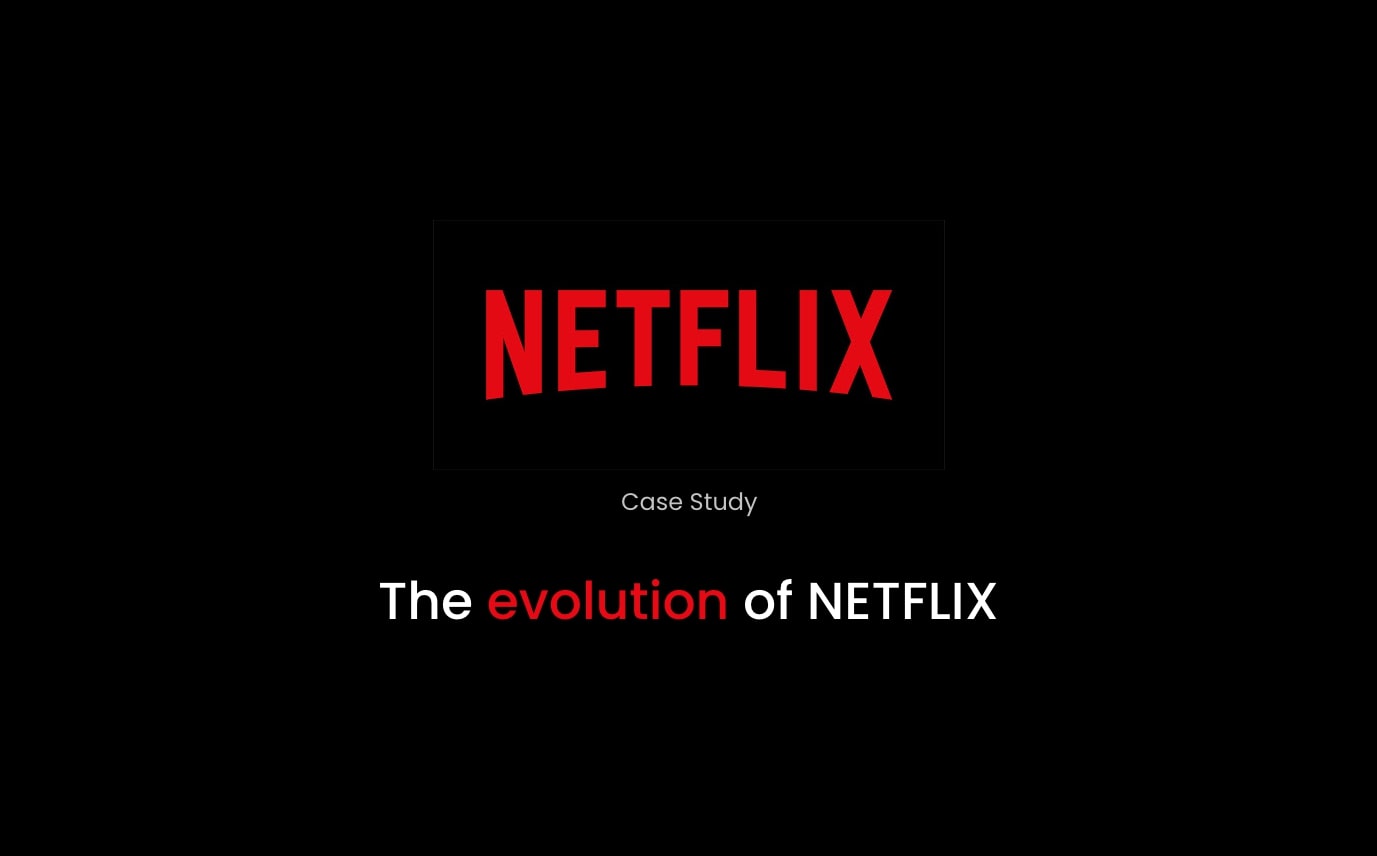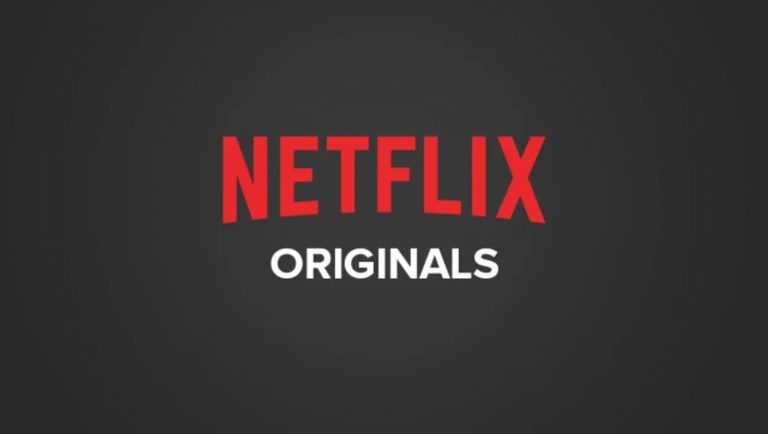In the ever-evolving landscape of the entertainment industry, one company has managed to redefine the way we consume content: Netflix. Over the years, Netflix has transformed from a DVD rental-by-mail service to a global streaming powerhouse, revolutionizing the way we watch movies and TV shows. This article explores the key milestones in the evolution of Netflix, from its humble beginnings to its current status as a dominant force in the streaming market.
The Birth and The Evolution of Netflix
The Evolution of Netflix;Netflix was founded in 1997 by Reed Hastings and Marc Randolph, initially as a DVD rental-by-mail service. The concept was simple yet innovative – users could rent DVDs online, and the company would mail the physical discs to their homes. This model disrupted the traditional video rental market, dominated by companies like Blockbuster.
The DVD rental service gained popularity quickly, as it offered a convenient and efficient way for people to watch movies without leaving their homes. However, Reed Hastings had a vision that went beyond DVDs. He recognized the potential of the internet and its ability to revolutionize the entertainment industry.
The Shift to Streaming
In 2007,The Evolution of Netflix introduced its streaming service, allowing subscribers to instantly watch movies and TV shows on their computers. This marked a significant shift in the company’s business model and laid the foundation for its future success. The concept of streaming was groundbreaking, as it eliminated the need for physical DVDs and allowed users to access a vast library of content with just an internet connection.
The introduction of streaming not only changed how people consumed content but also opened up new possibilities for Netflix. The company began to invest heavily in original content, producing its own series and films to differentiate itself from traditional cable and satellite TV.
Original Content and Awards
One of the key strategies that set Netflix apart was its focus on original content. The company started producing acclaimed series like “House of Cards” and “Orange Is the New Black,” establishing itself as a content creator rather than just a distribution platform. This move was a game-changer, as it allowed Netflix to control its content library and attract subscribers with exclusive shows and movies.
Netflix’s commitment to original content paid off with critical acclaim and numerous awards. The streaming giant became the first streaming service to receive Emmy nominations, signaling a shift in the industry’s recognition of digital platforms. The success of shows like Stranger Things and The Crown further solidified Netflix’s position as a major player in the entertainment industry.
Global Expansion and Subscriber Growth
As Netflix continued to invest in content, the company set its sights on global expansion. In 2010, the streaming service expanded its reach beyond the United States, launching in Canada. Over the following years, Netflix expanded to dozens of countries, becoming available to users around the world.
The global expansion contributed to exponential growth in subscribers. By providing a diverse range of content that appealed to various audiences, Netflix attracted millions of users, further solidifying its position as the leading streaming service. The company’s subscriber base surpassed 200 million in 2021, a testament to its ability to adapt to different markets and cultural preferences.
The Decline of DVD Rentals and the Rise of Streaming Dominance
While the DVD rental business was initially the cornerstone of Netflix’s success, the rise of streaming signaled the decline of physical media. Blockbuster, once a giant in the video rental industry, struggled to adapt to the digital era and eventually filed for bankruptcy in 2010. Netflix’s ability to evolve and embrace the internet age allowed it to surpass traditional competitors and reshape the entertainment landscape.
Strategic Partnerships and Acquisitions
Netflix’s evolution also involved strategic partnerships and acquisitions to strengthen its position in the industry. The company entered into deals with major studios and content creators to secure licensing agreements for popular shows and movies. Additionally, Netflix acquired companies like Millarworld, a comic book publisher, to expand its content offerings and tap into new genres.
The company’s focus on user experience and technological innovation further differentiated Netflix from its competitors. The introduction of features like personalized recommendations and the ability to download content for offline viewing enhanced the overall streaming experience for subscribers.
Challenges and Competition
Despite its success, Netflix faced challenges along the way. The rise of competing streaming services, such as Hulu, Amazon Prime Video, and Disney+, posed a threat to Netflix’s dominance. The streaming wars intensified as each platform vied for exclusive content and sought to attract subscribers with unique offerings.
Netflix responded by continually investing in original content and striking deals with top talent in the entertainment industry. The company also experimented with different pricing models and subscription plans to cater to a diverse audience. These strategic moves allowed Netflix to maintain its competitive edge and retain a significant share of the streaming market.
Conclusion
The evolution of Netflix over the years is a remarkable journey that mirrors the dynamic nature of the entertainment industry. From its humble beginnings as a DVD rental service to its current status as a global streaming giant, Netflix has navigated challenges and embraced opportunities to redefine how we consume content.
The company’s commitment to original content, global expansion, and technological innovation has positioned it as a leader in the streaming market. As Netflix continues to adapt to changing consumer preferences and technological advancements, its influence on the entertainment industry is likely to endure, shaping the way we watch movies and TV shows for years to come.



















+ There are no comments
Add yours